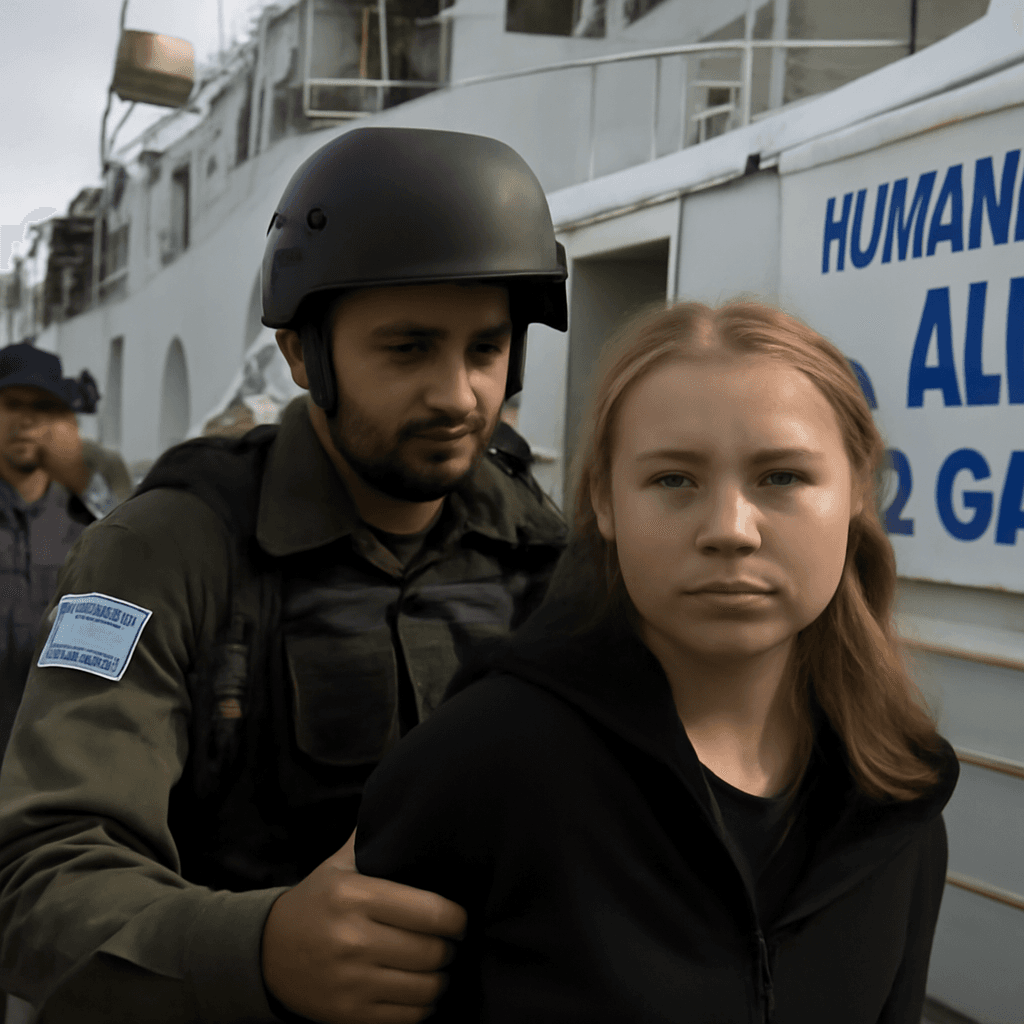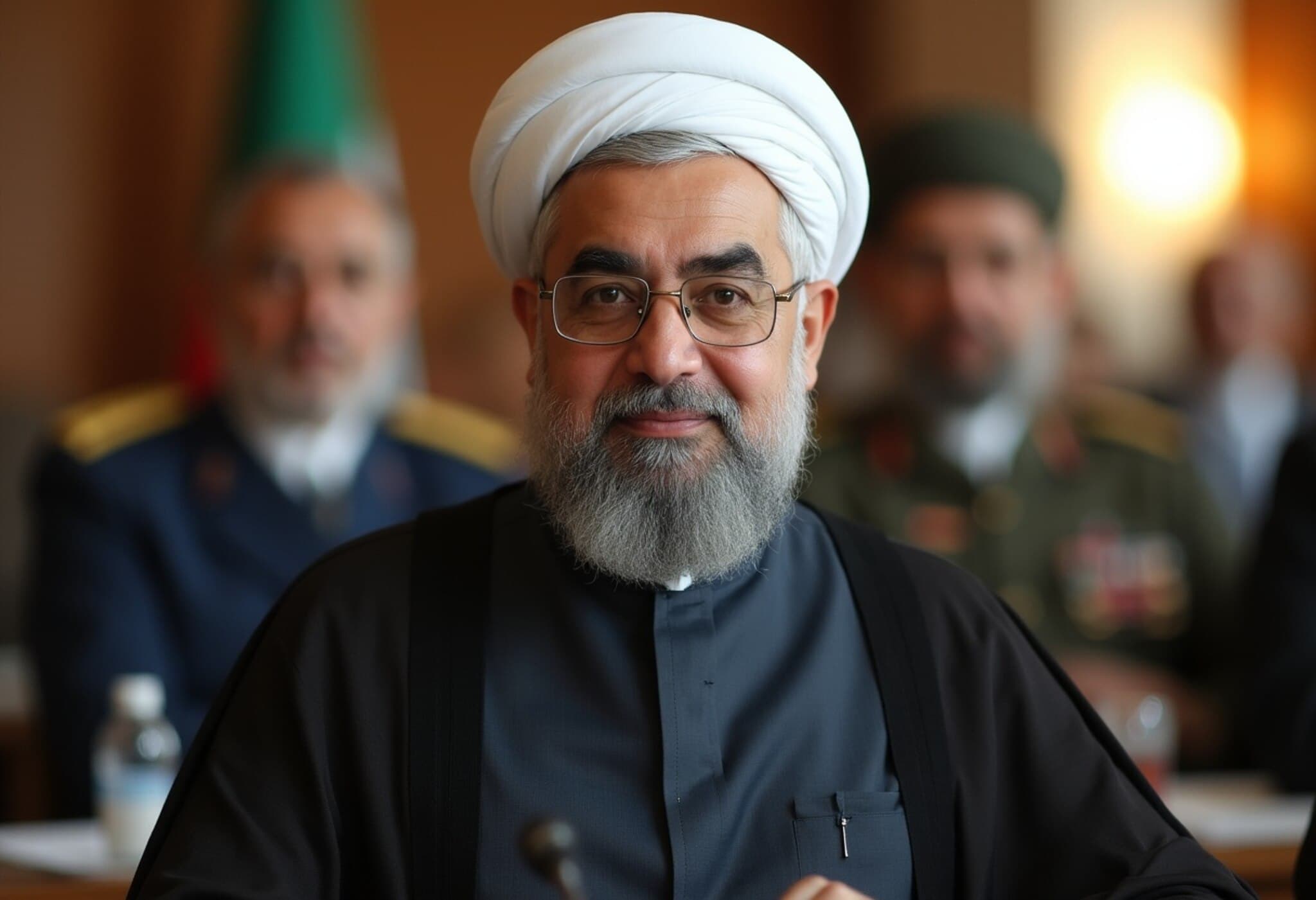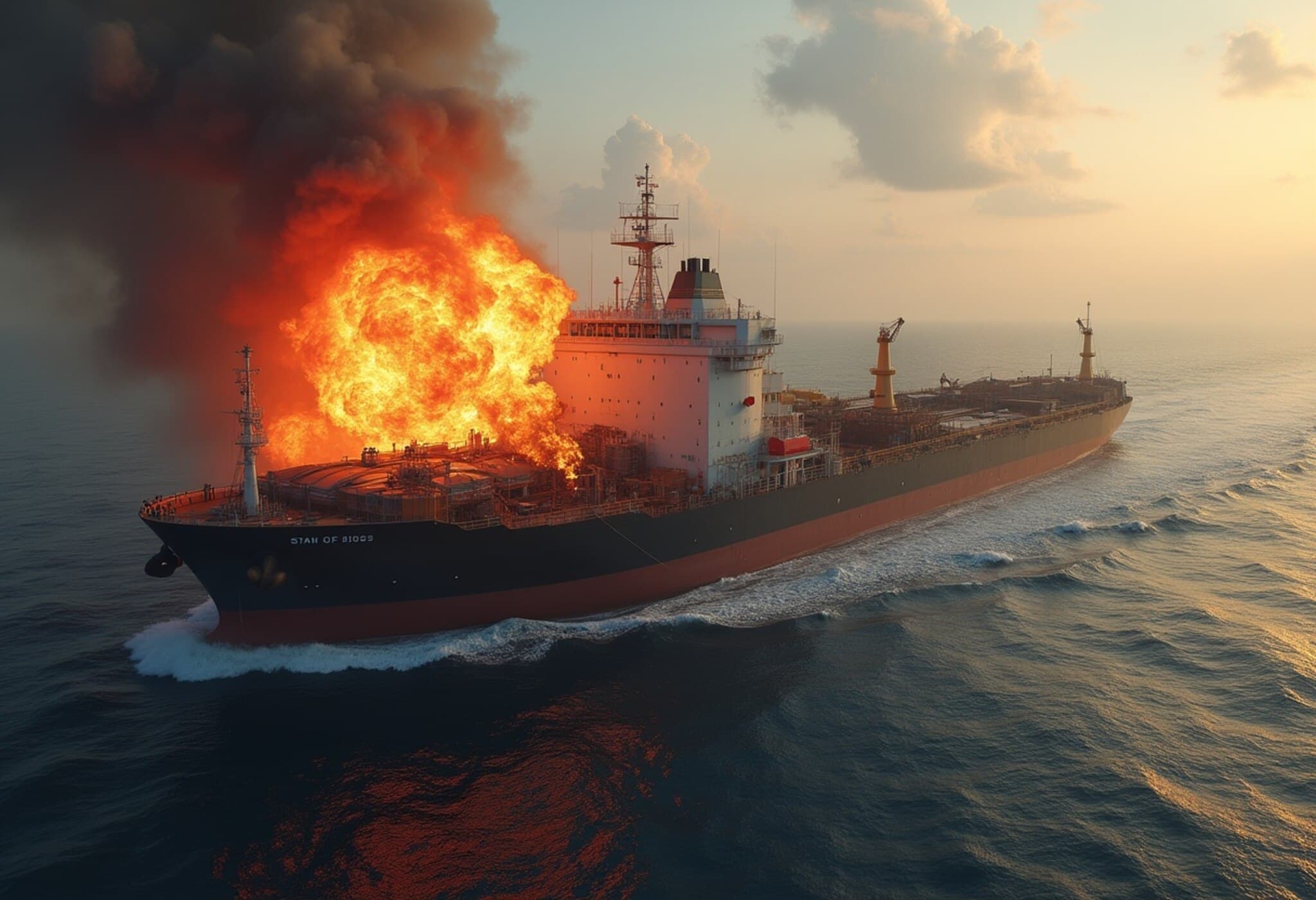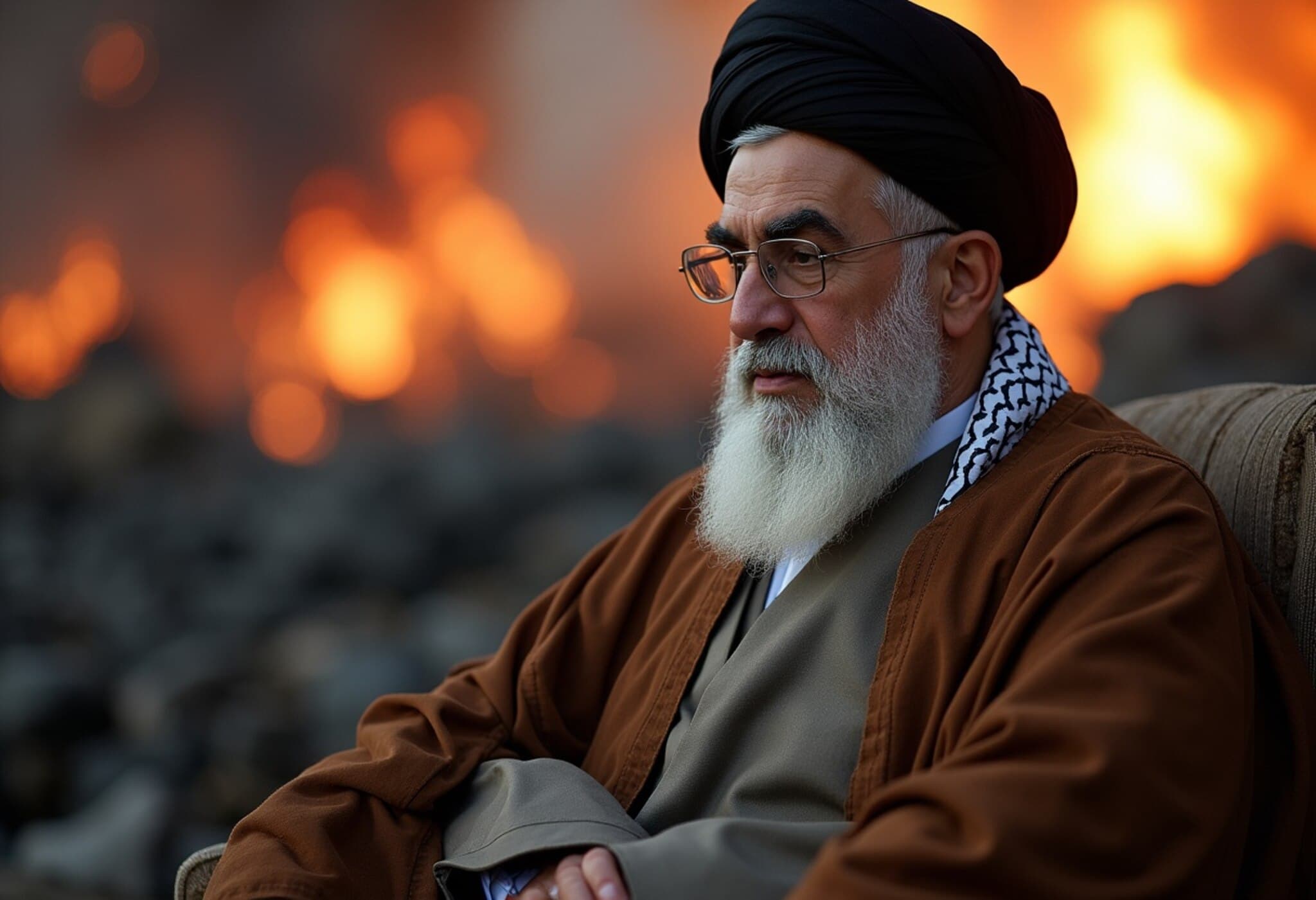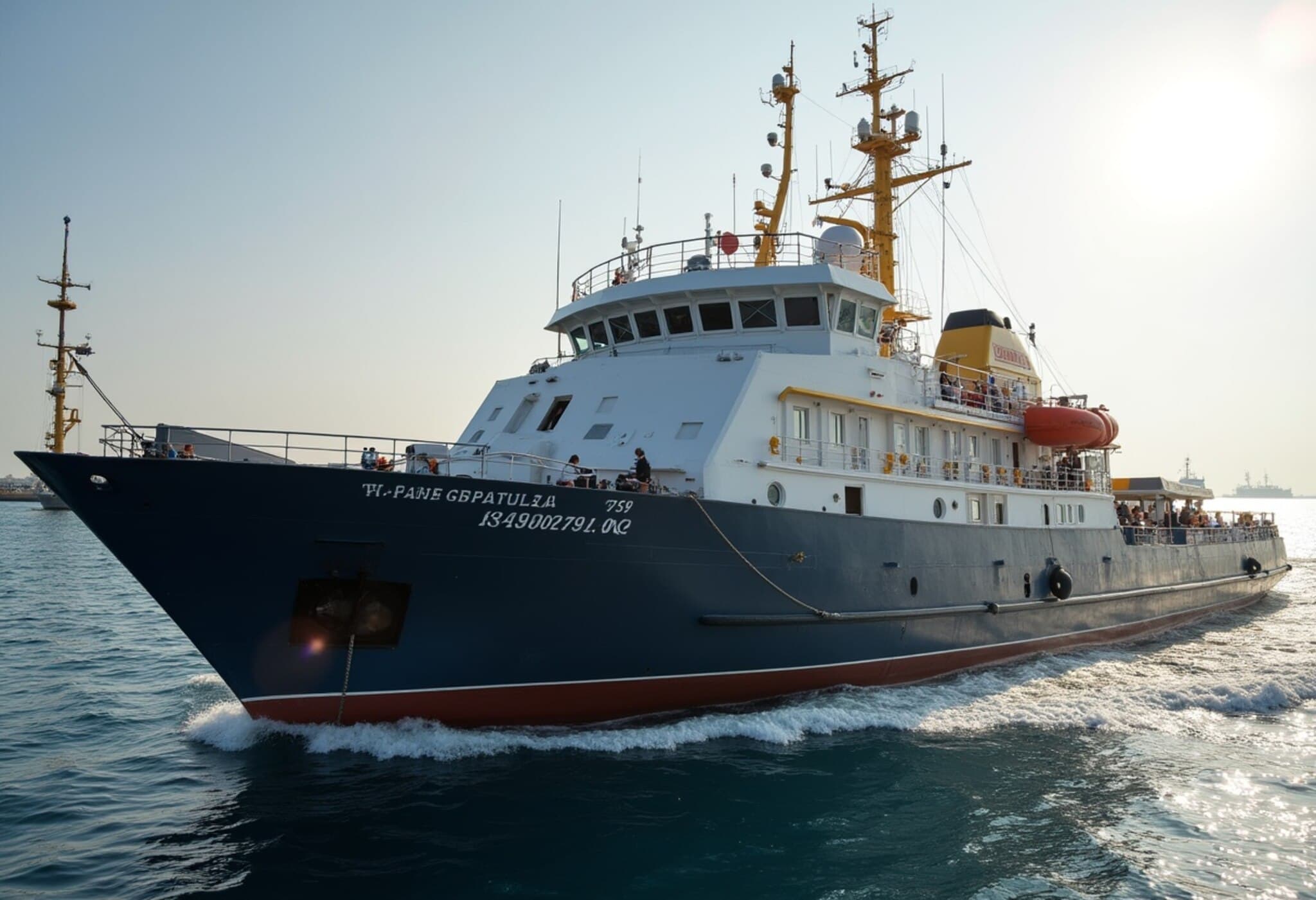Israel Seizes Gaza-Bound Vessel with Greta Thunberg Aboard: Legal Questions Arise
In the early hours of Monday, Israeli naval forces intercepted a ship heading to Gaza carrying international activists, including environmental advocate Greta Thunberg. The operation occurred far off the coast, stirring fresh controversy over the legality of Israel’s naval blockade and its actions on the high seas.
Activists’ Mission Amid Rising Tensions
The vessel, reportedly laden with humanitarian aid such as baby formula and food supplies destined for Gaza’s population, aimed to spotlight the humanitarian crisis caused by ongoing conflict. Following the interception, the activists were detained and transported to Israel, where deportation proceedings are expected.
This is not the first time Israel has halted Gaza-bound ships. Historical incidents, most notably a 2010 raid that turned deadly, have drawn global criticism and intensified debate over the blockade’s legitimacy.
Interception in International Waters: What Does the Law Say?
The ship was reportedly seized approximately 200 kilometers (124 miles) off Gaza’s coast, well beyond Israel’s sovereign waters. According to international maritime law, particularly the U.N. Convention on the Law of the Sea, a nation’s jurisdiction typically extends only up to 12 nautical miles (22 kilometers) from its shore.
Yet exceptions exist, especially in the context of armed conflict. Israel maintains that it remains in a state of war with Hamas, whose control over Gaza justifies enforcement of the naval blockade beyond territorial waters. Critics argue the blockade amounts to collective punishment on Gaza’s civilian population, a claim hotly contested by Israel.
Conflicting Perspectives on the Blockade’s Justification
Legal experts are divided. Some affirm that if Israel’s blockade is militarily warranted to prevent weapons smuggling, intercepting vessels attempting to breach it—even on the high seas—may be lawful. Others contend that seizing civilian vessels in international waters without clear military threat violates international norms.
A spokesperson from Israel’s Foreign Ministry stresses the operation complied fully with international law, while rights groups argue the interception disregards legal limits and human rights obligations.
Humanitarian Concerns and Gaza’s Unique Status
The legal intricacies are further complicated by Gaza’s complex political and territorial status. Although Israel withdrew settlers and troops in 2005, it maintains significant control over Gaza’s borders, airspace, and coastline. Many international bodies view Gaza as occupied territory, obliging Israel to ensure humanitarian access.
Amnesty International and other organizations assert that Israel’s blockade and recent interception hinder vital aid delivery, exacerbating Gaza’s humanitarian crisis. Conversely, Israel accuses Hamas of exploiting aid shipments, a claim denied by United Nations agencies.
The ongoing restrictions have pushed Gaza toward humanitarian catastrophe. Critics accuse Israeli leadership of using starvation tactics as a form of warfare—charges that Israeli officials firmly deny.
Calls for Release and Continued Debate
Amnesty International condemned the interception, urging the immediate release of the detained activists and condemnation of Israel’s conduct. The incident underlines the fraught balance between national security concerns, international law, and humanitarian needs in one of the world’s most volatile regions.
As diplomatic tensions simmer, the question remains: can a state lawfully extend its enforcement reach into international waters in times of conflict? This latest development ensures that debate—and controversy—will continue to swirl around Gaza’s blockade and efforts to deliver aid by sea.

